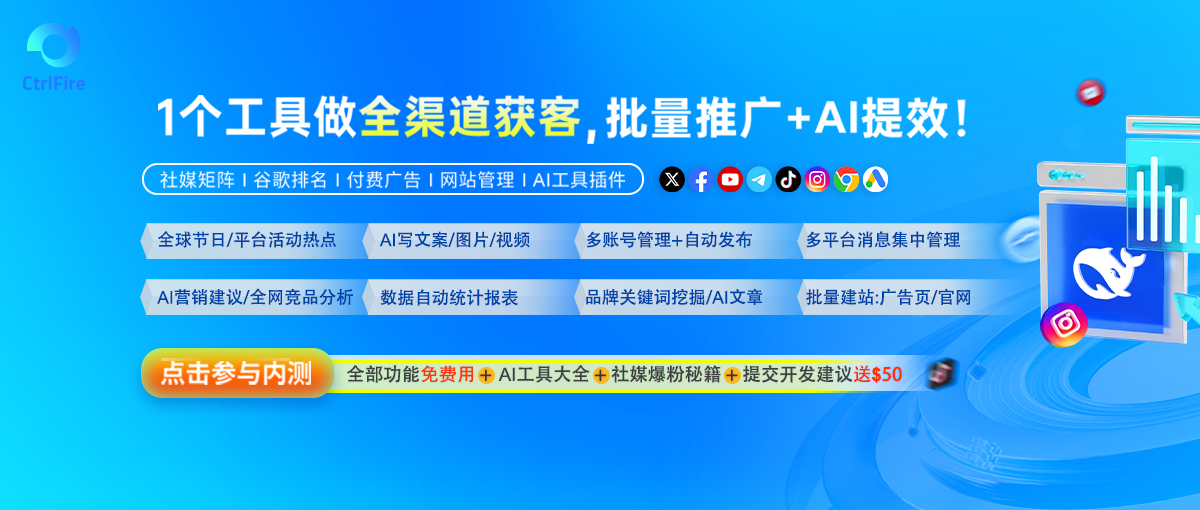WhatsApp多开账户浏览器的安全性与便捷性分析
admin 默认分类 60
WhatsApp多开账户浏览器的安全性
说到WhatsApp多开,大家可能第一反应就是“这真的安全吗?”确实,使用第三方工具或者浏览器扩展来实现多开账户,听起来好像有点冒险。毕竟,涉及到账号隐私和数据安全的问题,谁都不想自己的聊天记录被泄露。
不过呢,其实只要选择正规的、口碑好的工具,风险是可以大大降低的。比如一些知名的浏览器插件,像 MultiLogin 或者 SessionBox,它们经过了大量用户的测试,安全性相对有保障。当然啦,使用这些工具的时候,还是建议大家开启 双重验证 功能,这样即使万一出现问题,也能多一层保护。
另外,记得定期检查你的登录设备列表,看看有没有陌生设备接入。如果发现异常,第一时间修改密码并登出所有设备。这样一来,就算是不小心用了不太靠谱的工具,也能及时止损。
便捷性:让生活更高效
聊完安全性,咱们再来说说便捷性。说实话,WhatsApp多开账户的功能,对很多人来说简直是“救命稻草”。举个例子,如果你是个自由职业者,同时需要管理工作号和个人号,那么多开功能就显得尤为重要了。
通过多开浏览器,你可以在同一台电脑上同时登录多个WhatsApp账号,省去了频繁切换的麻烦。特别是对于那些需要处理大量客户信息的人来说,这种效率提升简直不要太明显!想象一下,左手是工作群,右手是家人朋友的闲聊,完全互不干扰,是不是感觉整个人都轻松了不少?😄
而且啊,现在很多浏览器还支持 跨平台同步,也就是说,你在电脑上操作的内容,手机端也能实时更新。这样一来,无论是在家办公还是外出办事,都能随时随地保持联系,简直不要太方便!
如何选择合适的工具
当然啦,市面上的多开工具五花八门,到底该怎么选呢?这里给大家几个小建议:
- 首先,优先选择那些用户评价高的工具,可以去各大应用商店或者论坛看看其他用户的反馈。
- 其次,关注工具的功能是否全面。比如,有些工具不仅支持多开,还能帮你自动保存聊天记录,甚至提供数据分析服务,这对商务人士来说非常实用。
- 最后,别忘了考虑价格因素。虽然很多工具都有免费版本,但如果想要解锁更多高级功能,通常需要付费。所以根据自己的需求和预算来做决定吧!
总结:平衡安全与便捷
,WhatsApp多开账户浏览器既带来了便利,也伴随着一定的风险。但只要我们谨慎选择工具,并采取必要的防护措施,就能在享受便捷的同时,最大程度地保障安全。
希望这篇文章能帮到正在纠结要不要尝试多开功能的你!如果还有什么疑问,欢迎随时交流哦~😊
